Thomas Rogers’ ‘A pretious booke of heavenlie meditations’ in early English C17th binding.
£1,800.00
ROGERS, Thomas. A pretious booke of heavenlie meditations; called, A priuate talke of the soule with God: which, who so zealous lie will vse and pervse, shall feele in his minde an vnspeakeable sweetenes of the euerlasting happines: written … by that reuerend, and religious Father S.Augustine; and not translated onelie, but purified also, and with most ample, and necessarie sentences of holie Scripture adorned, by Thomas Rogers. At London : printed for the Companie of the Stationers, 1616.
[22], 205, [21], 213, [37], 56 [i.e. 92], [8] p. ; 12⁰. A lovely early C17th English binding with heavy gilt tooling to front and rear boards. The boards are rubbed and worn, but with an attractive patina. This binding is very similar to the binding in the British Library shelfmark c186bb3. Vestiges of early clasps. An early repair across the front board. Only 3 UK copies and 3 US.A Precious Book of Heavenly Meditations is a collection of Christian meditations that were intended to provide guidance and inspiration to readers in their spiritual lives. The book includes a series of prayers, scriptural passages, and reflections on religious themes such as sin, repentance, and salvation.
The meditations in the book are written in a devotional style and often focus on the believer’s personal relationship with God. They also emphasize the importance of daily prayer, reading the Bible, and striving to live a life that is pleasing to God. The language used in the book is typical of the Elizabethan era, with its poetic and ornate style. The book’s popularity continued well into the 17th century, and it was reprinted several times.
Thomas Rogers was an English Puritan preacher and writer who lived during the Elizabethan era. He was born in 1553 in Wethersfield, Essex, England and died in 1616 in Wethersfield.
Rogers studied at Cambridge University and became a preacher in the Church of England. However, he eventually became disillusioned with the church’s practices and teachings, and he became a prominent advocate of Puritanism, a movement within the Church of England that emphasized the need for greater religious purity and adherence to biblical teachings.
Rogers is best known for his writings, which include sermons, treatises, and devotional literature. His most famous work is “The Seven Treatises of the Lord’s Prayer,” which was published in 1657. This book contains a series of meditations on the Lord’s Prayer and is still widely read by Christians today. In addition to his writing, Rogers was also known for his preaching. He was a powerful and effective speaker, and his sermons were said to be both eloquent and deeply moving. However, his Puritan beliefs often brought him into conflict with the authorities, and he was frequently criticized for his outspoken views. Despite these challenges, Rogers continued to preach and write throughout his life. He is remembered today as an important figure in the Puritan movement and as a significant voice in the religious debates of the Elizabethan era.
Copies: Brit. Isles: British Library; Metropolitan Cathedral of St. George; Southwark Cathedral.
Copies-N. America: Columbia University; Folger Shakespeare; Newberry.
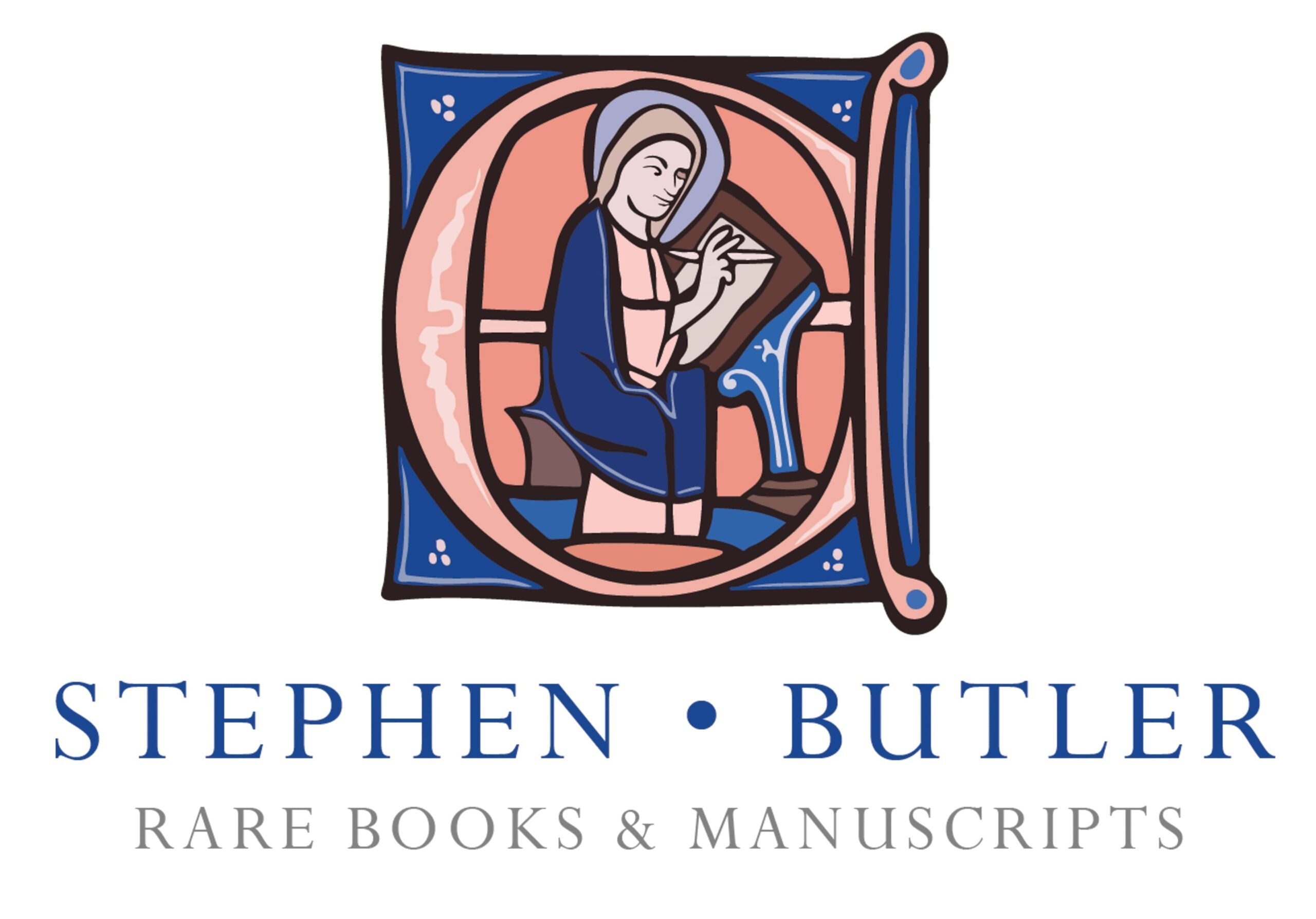
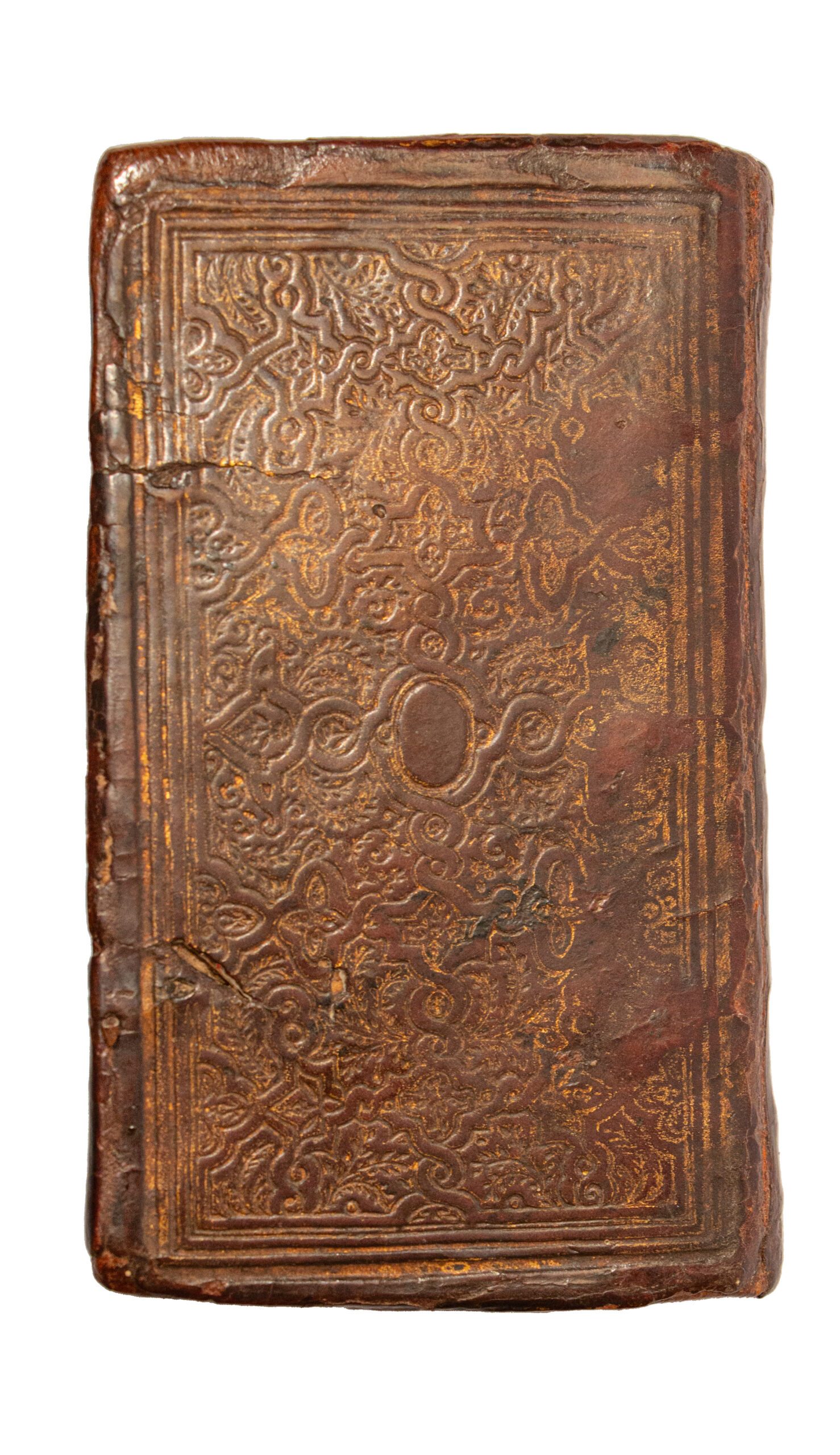
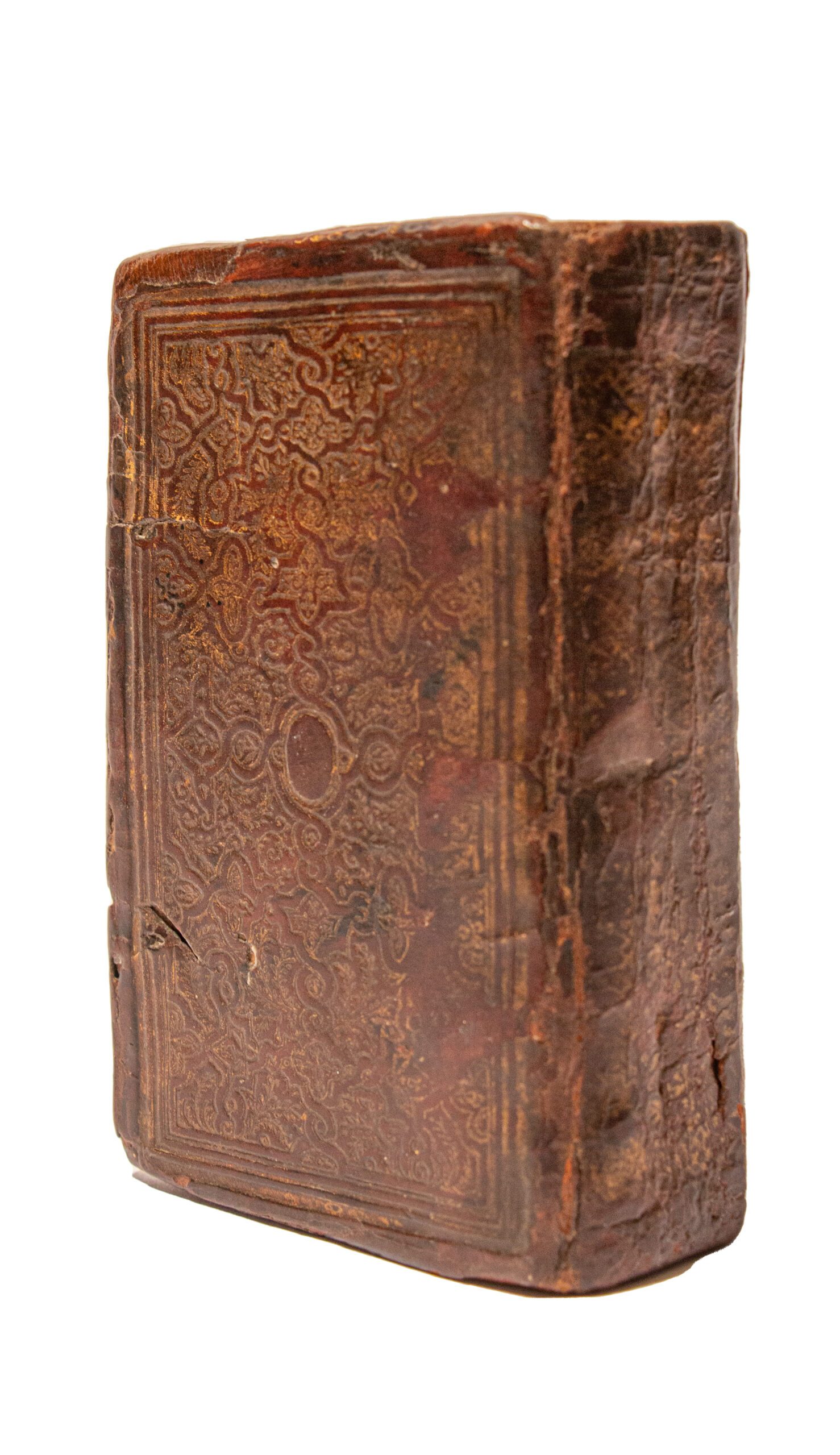
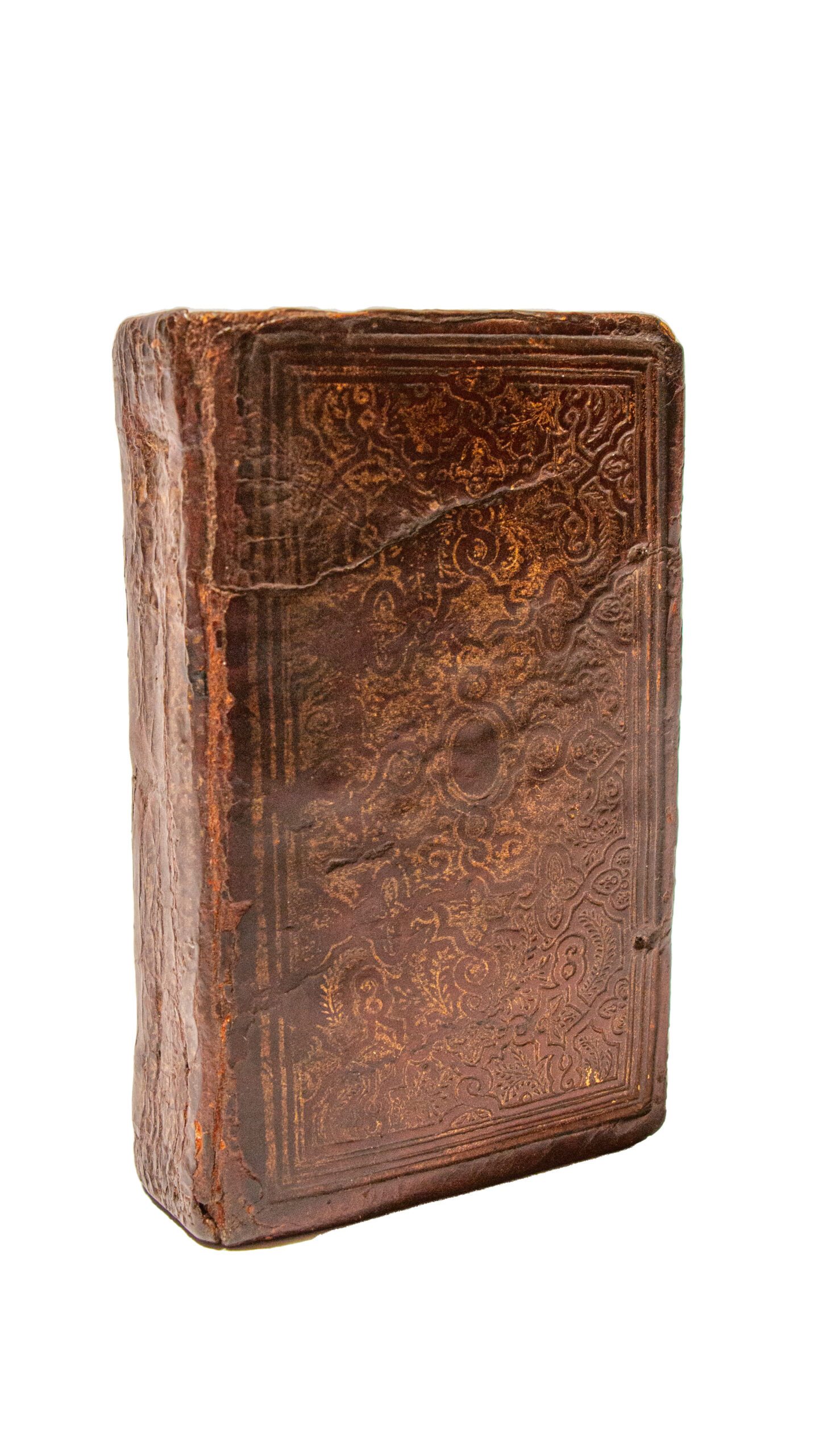
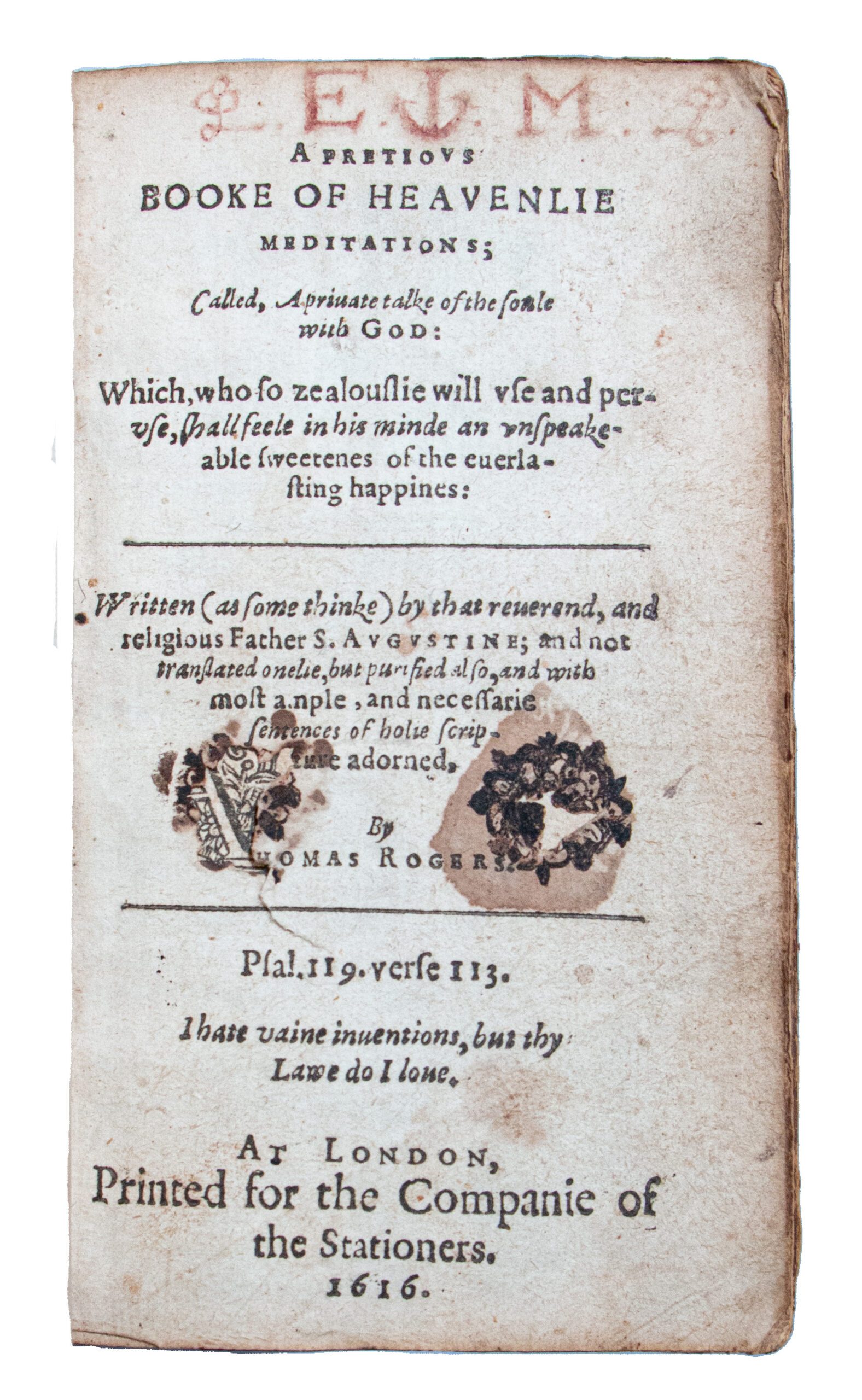
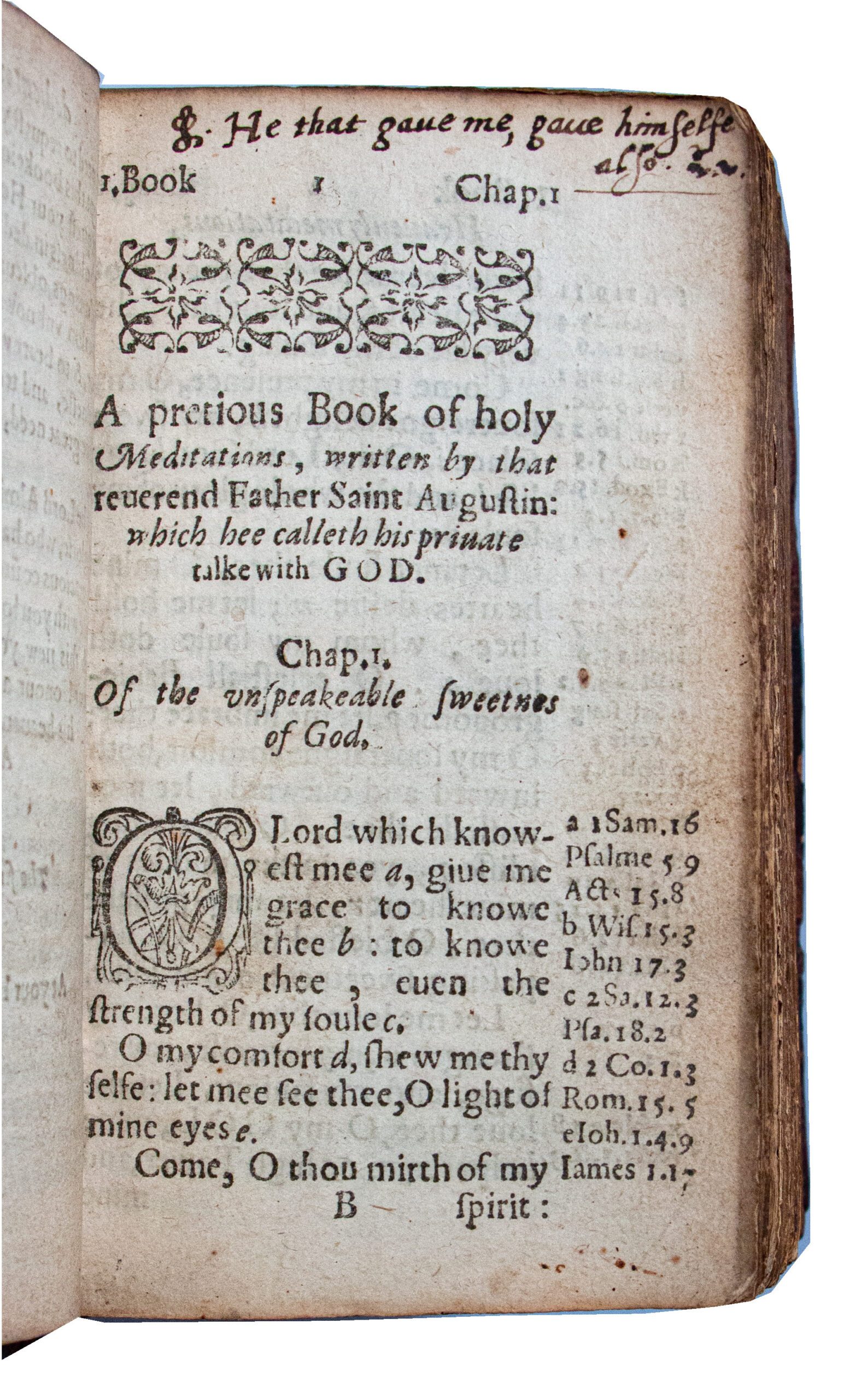
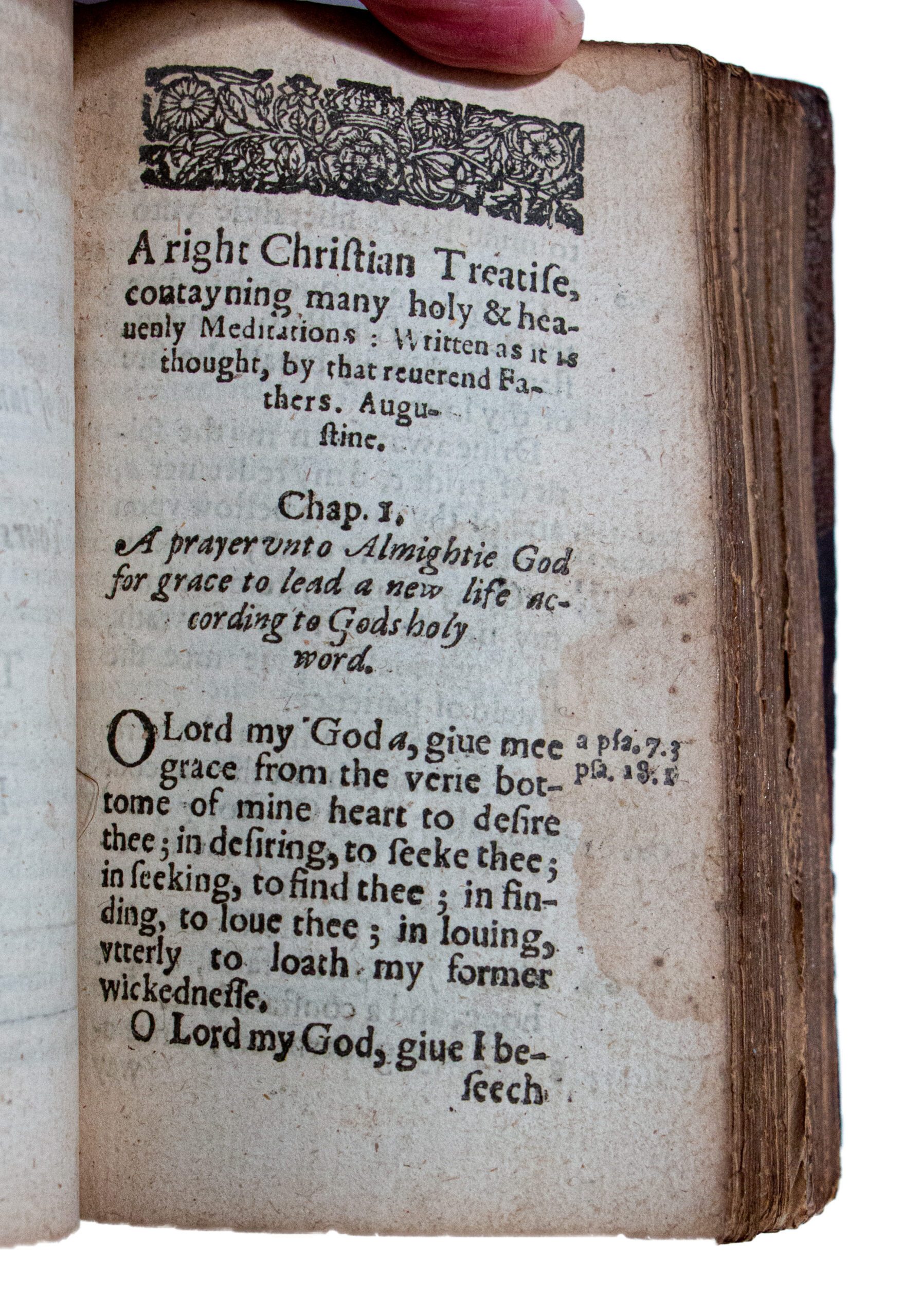
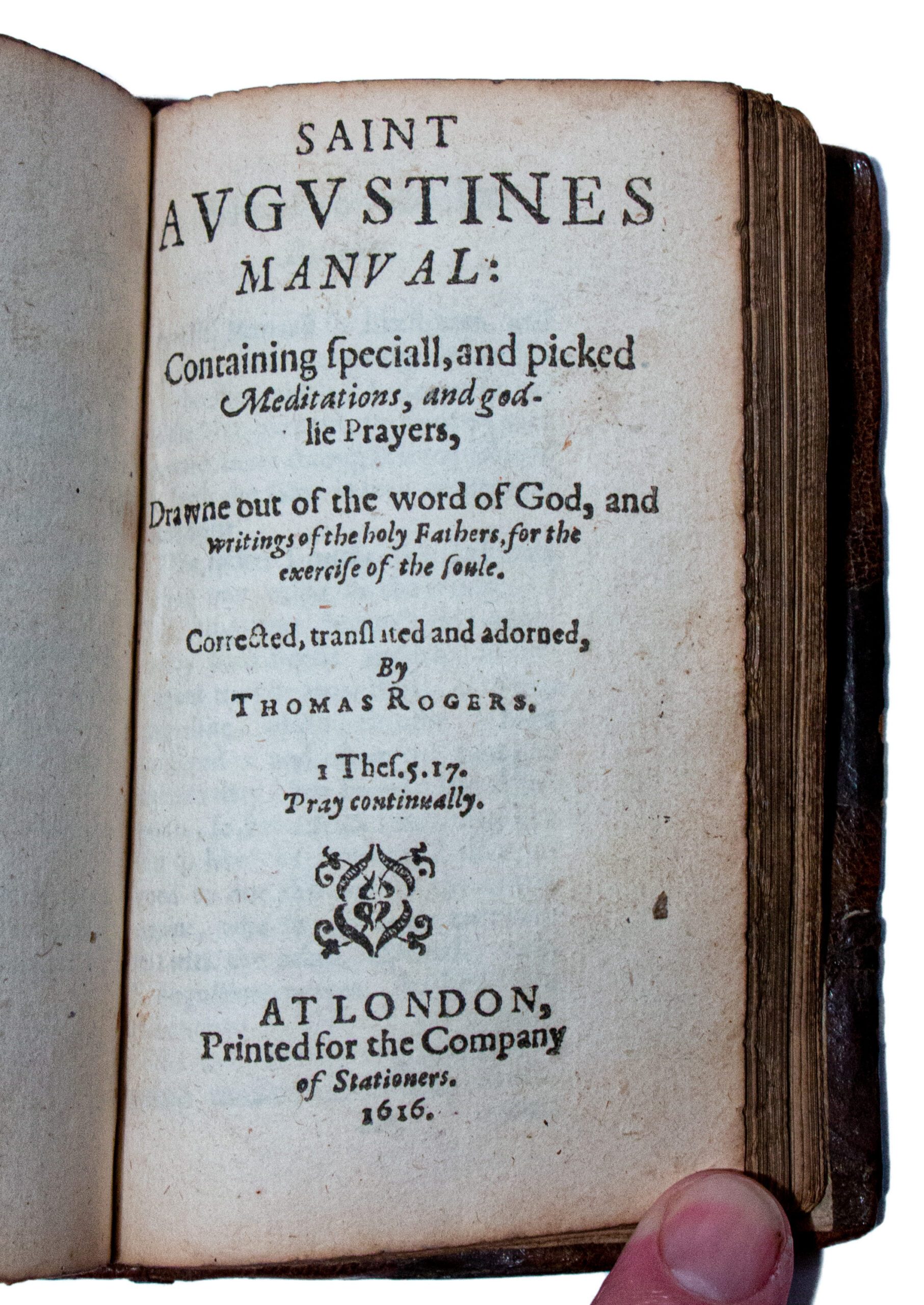
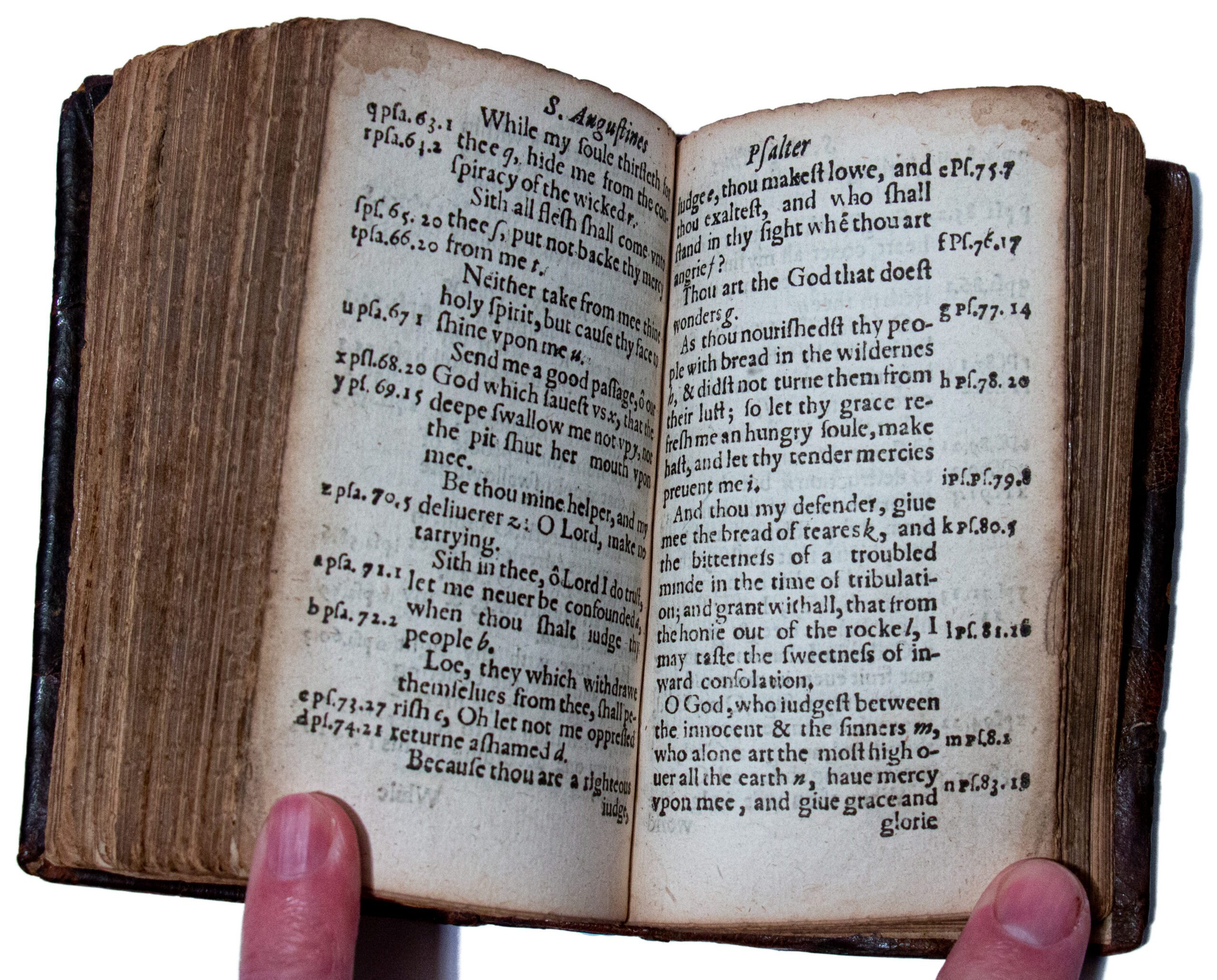
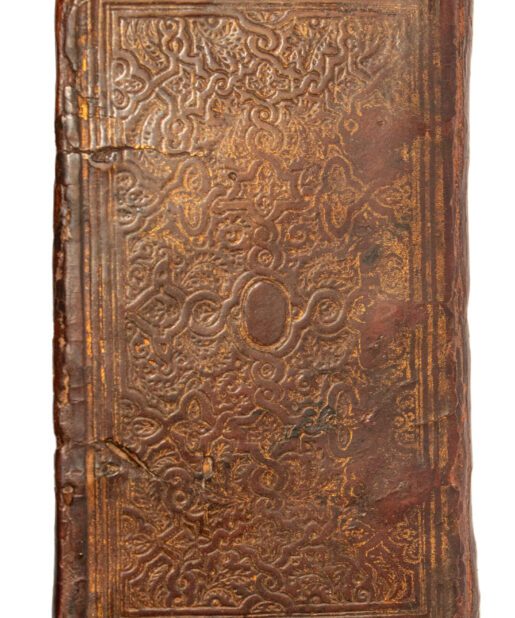
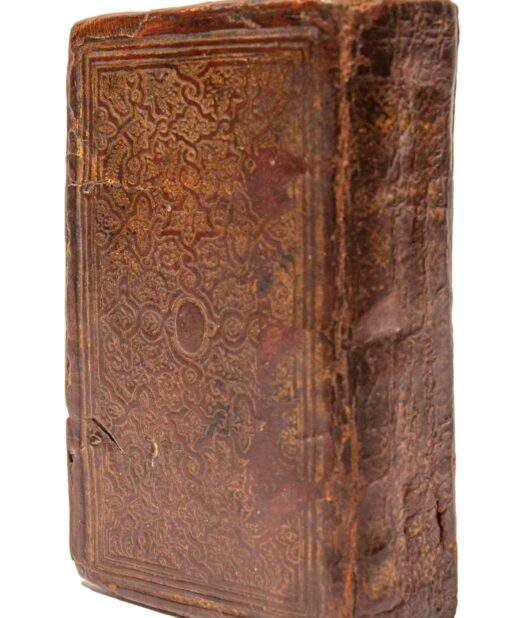
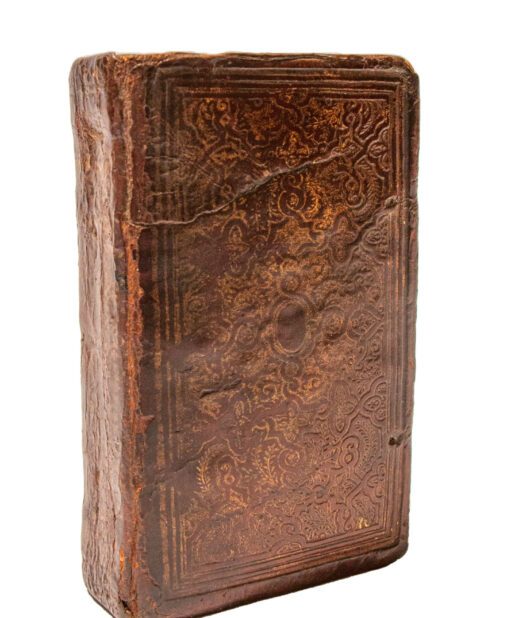
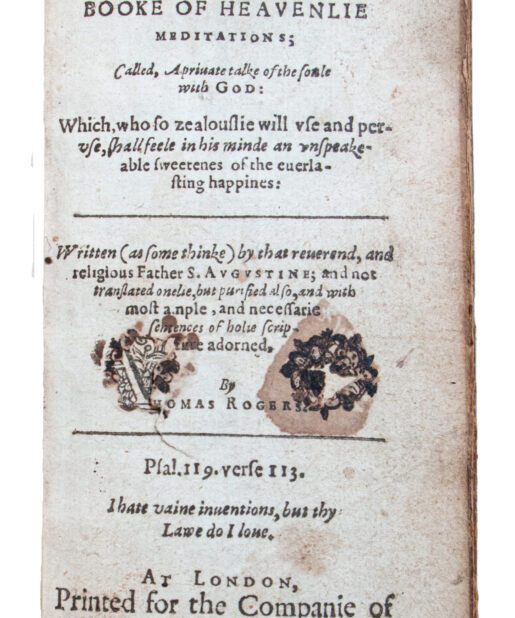
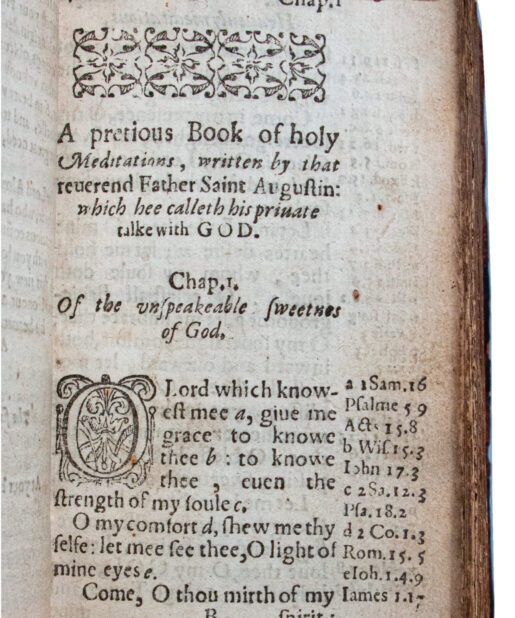
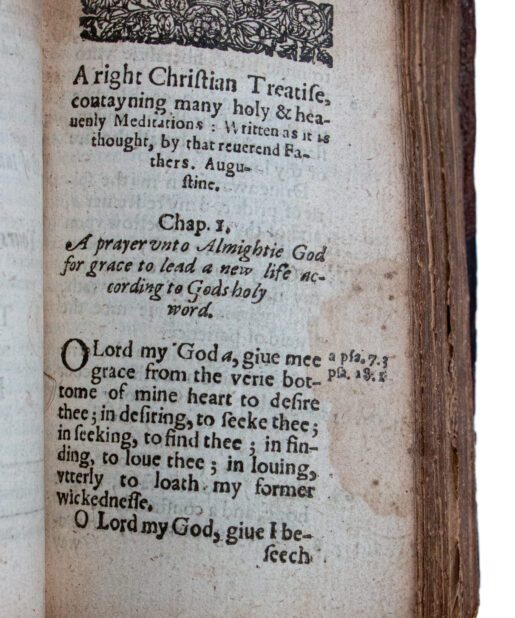
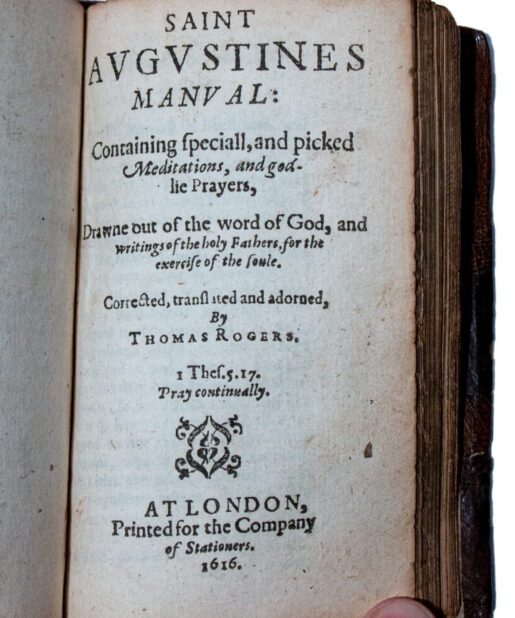
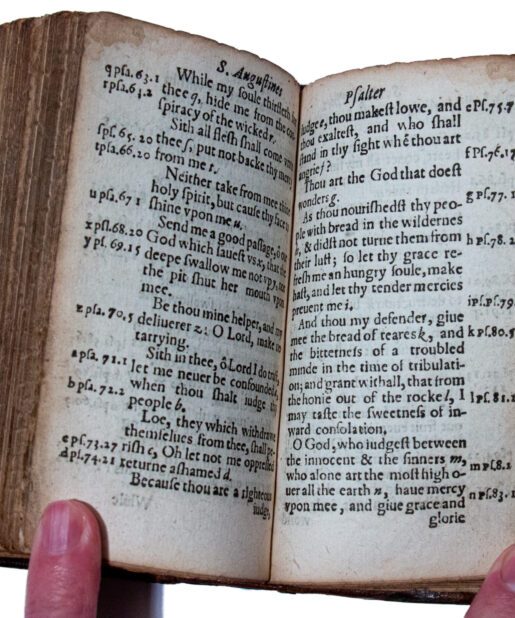
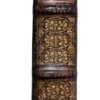
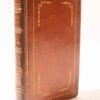
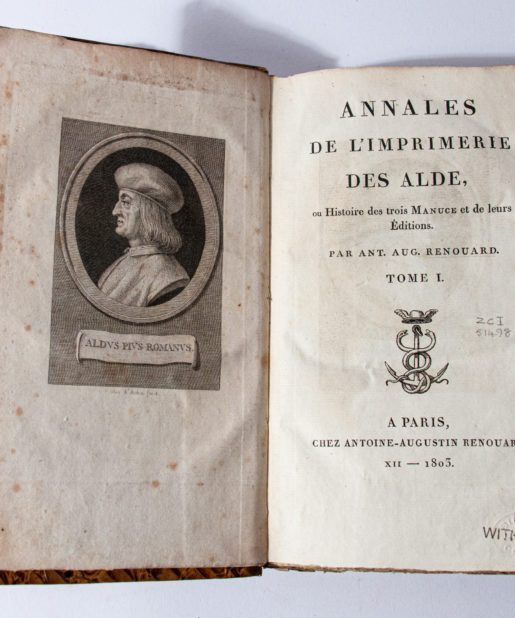
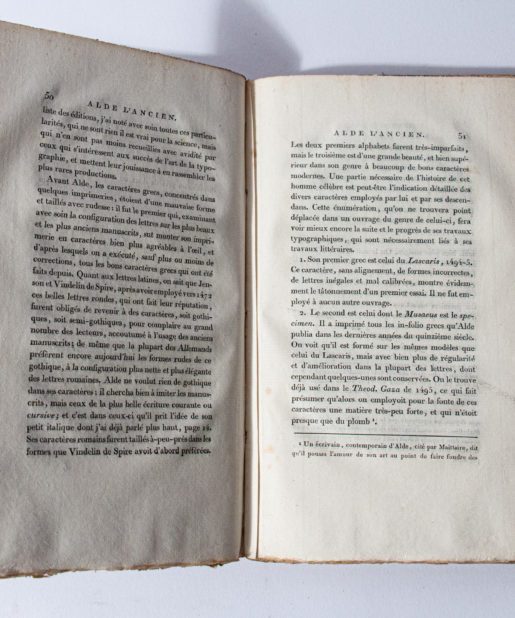
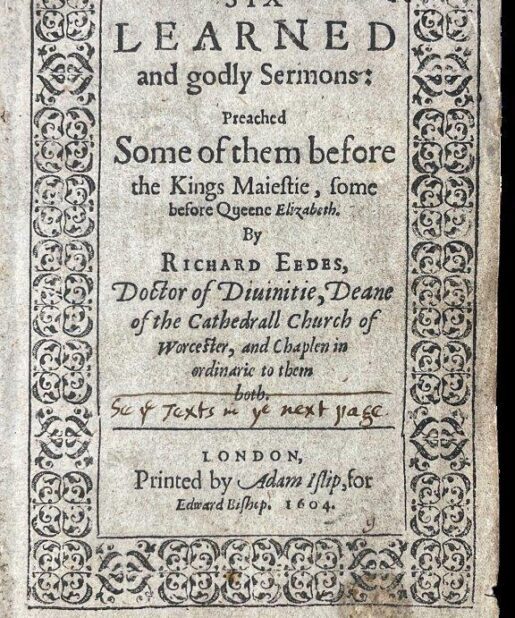
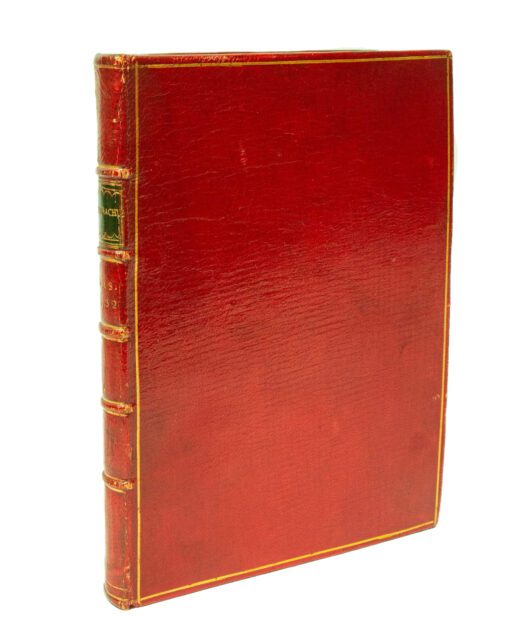
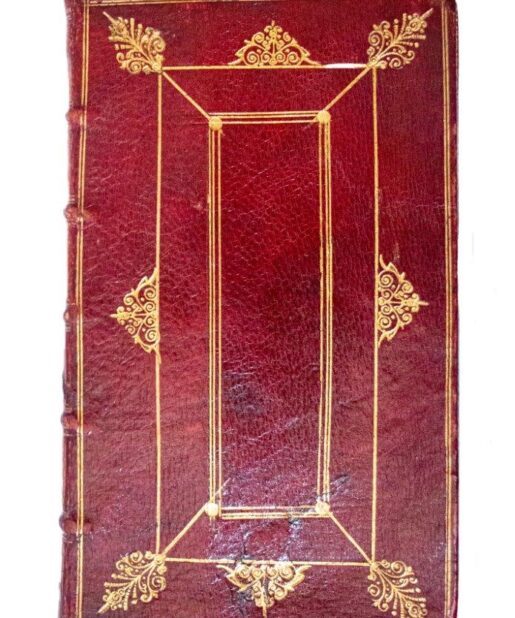

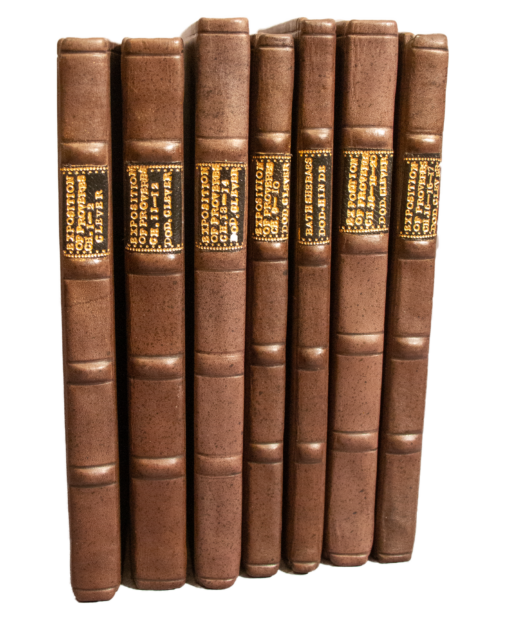
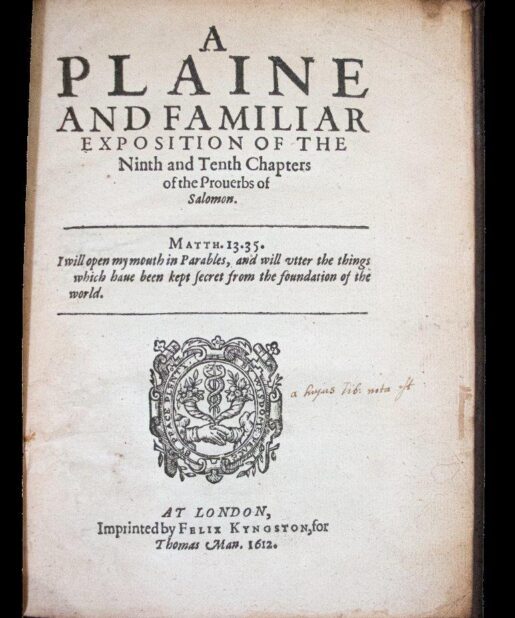
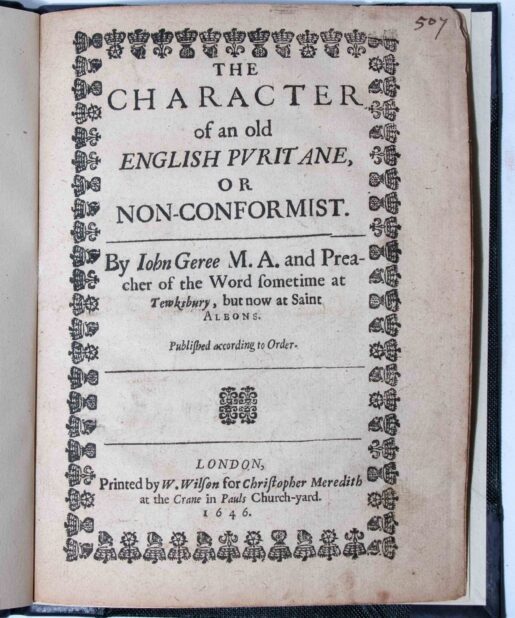
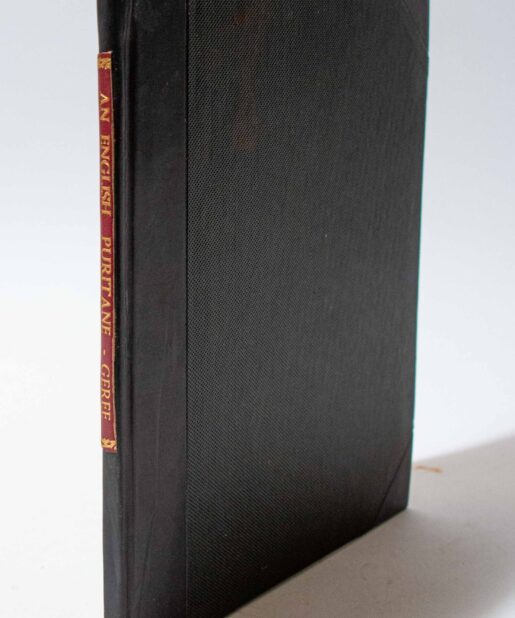
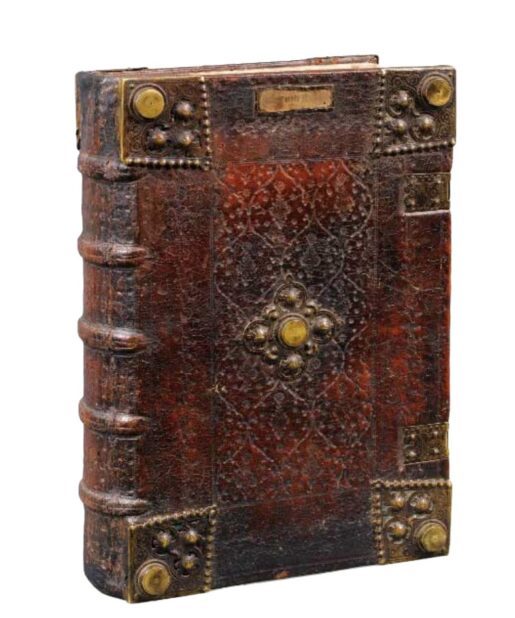
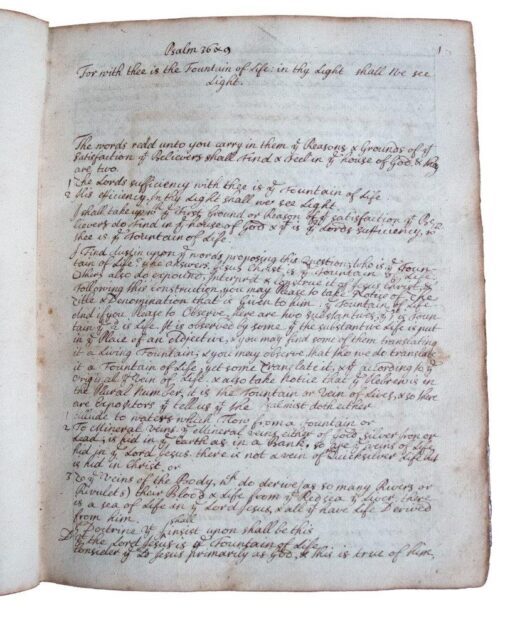
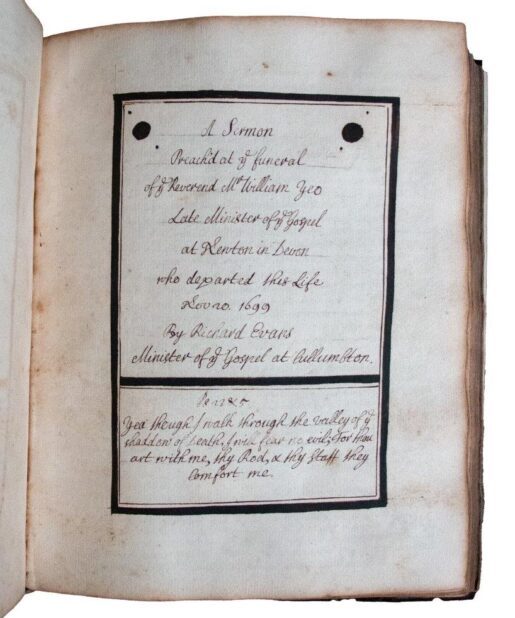
Reviews
There are no reviews yet.